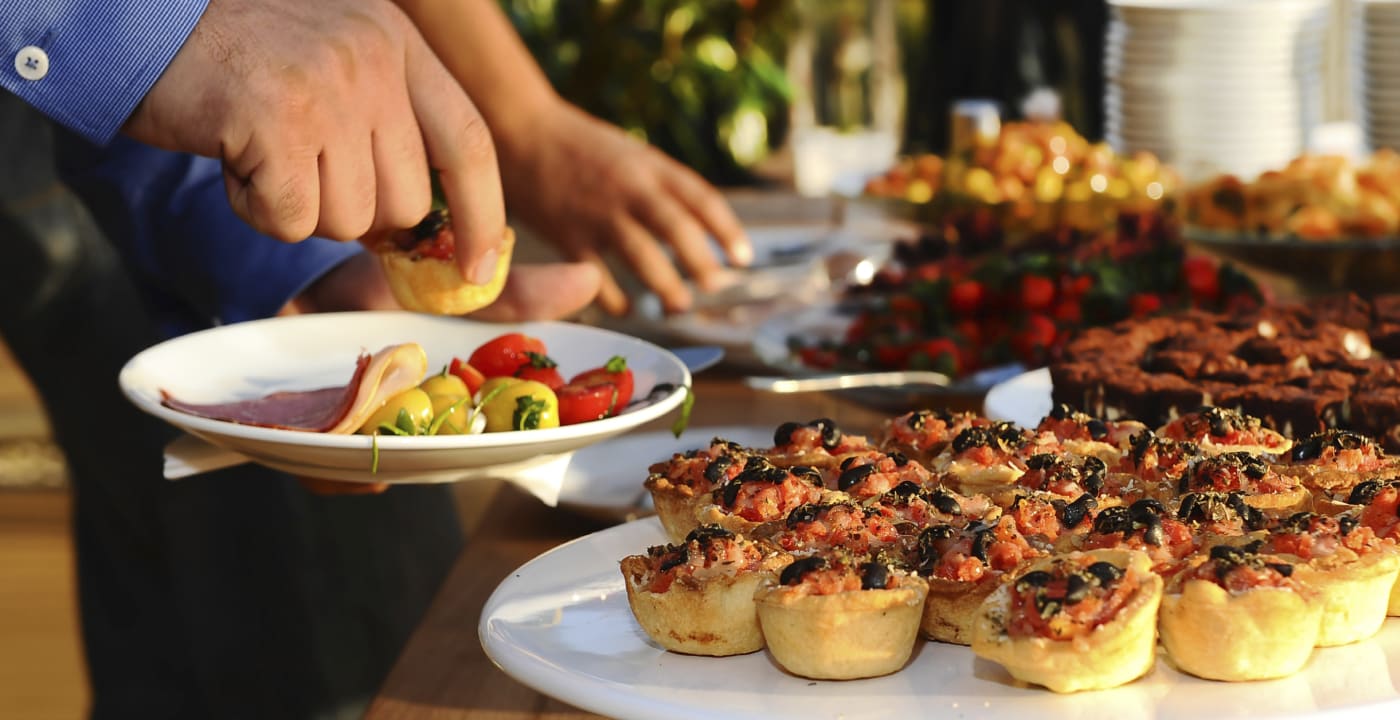Difficult conversations: Talking to friends and family about COVID-19 and the holidays

With the continued spread of COVID-19 across the country, our holiday season is going to be a lot different than we are used to. In Washington state, indoor social gatherings are restricted and outdoor gatherings are limited until at least Dec. 14, and the state’s travel advisory asks residents to stick close to home for the time being (and to quarantine for 14 days if you do leave the state).
That won’t stop some people from wanting to get together, or for your out-of-state relatives to pressure you to “come home for the holidays.” Having to tell people you care about that you won’t be seeing them in person this year, or that you won’t be able to attend their annual holiday party can be tough.
The Washington State Department of Health has put together some guidance you can use to help make it easier to have “The COVID Chat.” Here are some excerpts.
How to respectfully say “No”
Saying no to people you love is never easy. And as the pandemic drags on, it’s probably feeling harder than ever to pass up the opportunity to gather with family or friends and get a little taste of normal. But knowing how – and when – to say no is the first step to protecting your health and the health of the people you care about. Here are a few tools to help with these situations:
- Be clear. Saying no effectively starts with just that — saying no. A simple, direct no is the best way to make yourself understood and closes the door for negotiations.
- Offer alternatives. Ask if there is another way to connect with the person who invites you to a gathering. Acknowledge you really want to see them but want to keep everyone safe. “I wish we could get together, but I don’t want to do anything to risk you or my family/myself getting sick.”
- Don’t feel pressured to keep the conversation going. Your “no” is enough. If you get pushed for more reasons or are accused of being unkind or selfish, you aren’t obligated to reply. It’s ok to say something like “I’m sorry you’re upset, but this is my decision and I need you to respect it” — and leave it at that.
Gathering ground rules
This season, the safest decision for you and your family and friends is not to gather with people you don’t live with. Of course, not every decision about getting together is a simple “yes” or “no.” You might get an invitation and have a lot of questions about the details: Is it outdoors? How many people will be there? Will everyone be wearing masks?
To avoid surprises, hurt feelings, or situations where you feel unsafe, be sure to set expectations in advance. Here’s how:
- Be clear about your boundaries. It can feel uncomfortable to ask a lot of specific questions about an event. Instead, you can simply explain what you would feel safe doing. For example, “I’d love to come, but I want to be sure I’ll feel safe. If everyone will be outside, wearing masks and spread out, I’ll be there for an hour or so.”
- It’s okay to offer alternatives. You can always suggest another way to get together that feels more comfortable. Just be sure to set expectations up front by saying something like, “I’m really not comfortable with gatherings in person right now, but I’d love to see you another time. Would you be up for a virtual chat?”
- There’s no need to negotiate. If it’s clear that a certain gathering isn’t going to work for you, it’s ok to say no. If someone pushes back, don’t feel obligated to have a debate. You can keep your response as simple as “I’m sorry, but I’m just not comfortable with that right now. I love you and miss you too and I look forward to seeing you another time!”



